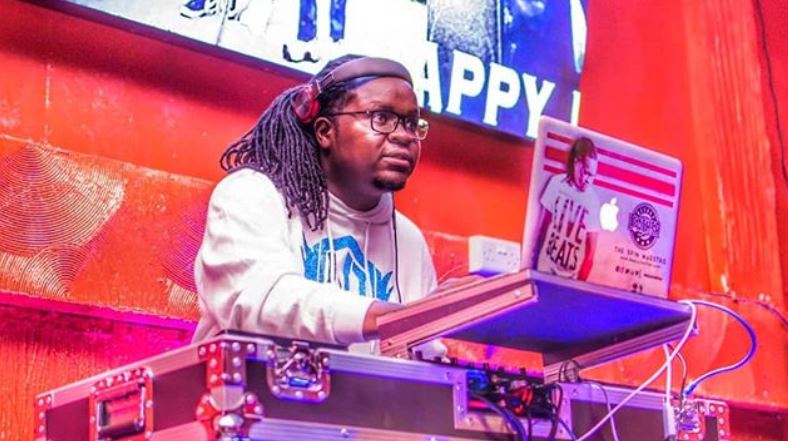
1. Tell me about yourself?
I was born in Nairobi but my family relocated to Nakuru when I was three. I am the second born of six siblings. I have a degree in Business Information Technology from Jomo Kenyatta University of Agriculture and Technology.
2. You studied BBIT, so how did you end up becoming a deejay?
First and foremost, you must love music. My passion for music started from a very young age. When I was in Form Two, I started choosing and selecting music for school entertainment and events.
I taught myself deejaying through YouTube tutorials and sitting next to DJs whenever I attended an event.
By then I was using the Virtual DJ software. I did my first show in 2013 and was later taken as a resident DJ for club Pipers in Nakuru. A year later, I moved to club 64 and that is where I built a fan base.
Here also I started using Mix track pro 2 I upgraded from virtual DJ. Now I am freelancing.
3. What and who inspires you?
I get so much support from my mother, my fiancé Mary Kabui and my siblings who attend my shows.
My father was not so much of the idea of me working in a club especially being a graduate he was not supportive up until early this year. He didn’t believe I would make a living from music.
As much as I taught myself how to deejay, I been inspired by deejays throughout my whole career like DJ Kym Nickdee who I am currently working under his entertainment company, DJ G400 who taught me how to use Photoshop and perfected my editing skills I also have some good friends that would hook us up with music.
You learn some little things here and there from each DJ and you just take it and put your own style into to it.
4. You must have encountered some challenges through your entertainment career.
The major one is the flooded market. The deejaying industry now has a lot of upcoming DJs who are willing to perform in shows at a lesser rate that I do. Competition is fierce.
Many people get started in this career by offering to play sets for free so that the bar or club gets to know them, their work ethic, and how audiences react. My first gig was at a club called Calton and I was paid Sh 700, I now charge between Sh25,000 to Sh30,000 per gig.
Other challenges are music selection whereby my friends who are artists send me their music to play but the contents doesn’t meet my standard it is not good quality music.
Apart from deejaying equipment’s being quite expensive like the Mac Book laptop costs over Sh120,000 and professional decks over Sh250,000, there is also the challenge of fatigue where with the demand of my services I have to move from gig to gig at times in different towns within the country.
5. What are your aspirations and future plans?
I started a company in 2016 – Beatsmith international, under the company, we do photography, I want to start a DJ school, stock it with entertainment equipment for hire, dance studio TV and radio stations launch are also on top of my list.
I also have merchandises like T-shirts, Caps, Phone covers and hoodies that my fans have fully embraced.
The biggest gig I have done was the Guinness fan zone in 2018, I also aspires to go international specifically to work at Tomorrow Land.
6. What makes you stand out?
I am of the opinion that as a DJ you must always play what you love and ignore what’s ‘trendy’ because true passion always eclipses what’s fashionable. Quality is always fashionable. I take my time to research.
Seeing bored-looking fans staring at you while you DJ is about as horrible as it gets. I always give my fans a memorable time and that way through such referrals, social media marketing and marketing myself personally to club owners and promoters have greatly increased the demand of my services.
I am not a Deejay of a specific genre I am an all-round entertainer. The most important thing is not what I play, but the personality and how I interact with the crowd.
7. Any advice to the upcoming artists and deejays?
Do not quit. If you have a passion for something, it does not matter who believes in you as long as you believe in yourself.
Networking and social media skills are vital for any DJ to build up a fan base. You also have to interact with your fans, whether it’s through conversations and interactions on social media, or through just straight up putting on a good live performance that communicates your passion for the music.
Versatility, adaptability, and a hunger for knowledge and improvement are key.






